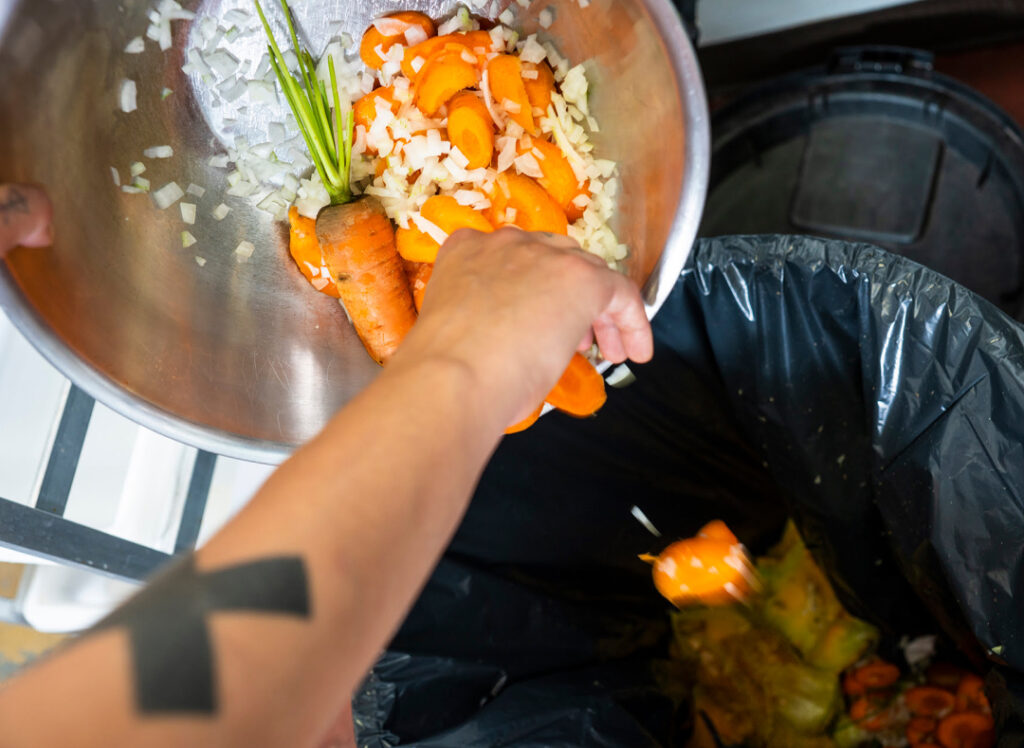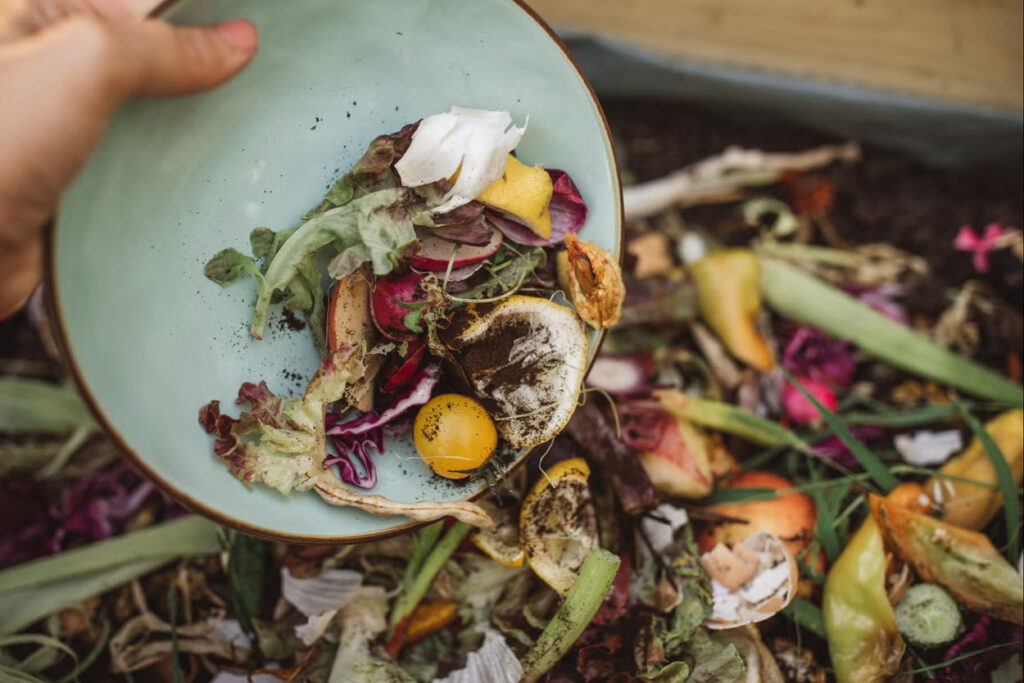How to reduce food waste in restaurants
Food waste in restaurants is like throwing money into a bin, with some industry experts indicating up to $25 billion is lost every year due to unnecessary waste. However, it can be reduced with a few easy-to-follow steps. Here, you’ll learn more about the most common causes of food wastage and ways you can minimize it at your venue.

What are the most common reasons behind food waste in restaurants?
Overproduction
Overproduction in restaurants happens when more food is made than needed. This can be for a number of reasons, but the main culprit is sometimes it’s tricky to predict exactly how much food customers will order, especially during busy times. Also, if your menu keeps changing or if certain dishes aren’t popular anymore, ingredients bought in bulk might end up being thrown away.
To fix this, you can try a few things:
- Keep a restaurant waste log to see what’s getting thrown away and reduce or stop buying those ingredients
- Think about which dishes are selling well and focus on preparing and purchasing for those instead of having a huge variety that might not all be needed.
- Order ingredients only when you need them.
- Instead of throwing away leftovers, think of ways to reuse them or give them to people in need.
- If you have roast chicken leftovers, use them to make chicken noodle soup for tomorrow’s soup of the day.
Spoilage
Have you ever gone to grab that final ingredient for your dish only to see it’s spoiled? We know your pain and frustration. Spoilage can happen due to various reasons, such as:
- improper storage,
- inefficient inventory management, or
- ordering in excess of what is needed.
For instance, if perishable items like vegetables or meats are not stored at the correct temperature or are kept for too long without being used, they can spoil and need to be thrown out.
Here are a few things you can do to prevent this from occurring:
- Keep a close eye on what you have in stock and when it expires, so you can use things up before they go bad. It helps to have legible, accurate printed labelling of expiry dates on all your stock.
- Make sure staff know how to store food correctly at the right temperature. Our article, Improving your kitchen temperature monitoring systems, can be a great guide.
- Take time to thoroughly plan your menu, so you use up ingredients before they spoil.
Plate waste
Unlike your childhood kitchen, customers don’t have to clean their plate to be excused. Plate waste contributes to food waste because unused food is typically thrown away. There are a few reasons why plate waste happens, including:
- oversized portions
- changing preferences, or
- customers ordering more food than they can eat.
To fix this, here are a few things you can try:
- Offer smaller portion sizes so customers don’t feel overwhelmed with too much food.
- Tell customers the portion sizes.
- Give customers the option to take leftovers home.
- Train your staff to check in with customers during their meals and offer help managing portion sizes.
- Keep an eye on plate waste patterns and fine-tune your menu or strategies accordingly.
- Chat with your front-of-house staff and find out if customers have been commenting on ‘too much food’ or ‘huge portion sizes’.
- Record this data in a food waste log and review where variations occur.

Food passing expiry dates
This should come as no surprise. Similar to spoilage, expiration dates can contribute to food waste in restaurants when items are discarded because they’ve passed their best-before dates. There are ways you can fix this issue:
- Make sure staff knows what expiration dates really mean and how to tell if food is still good, such as by smell and appearance.
- Create a system where older items are used first (called First-In, First-Out or FIFO). This way, nothing sits around past its expiration date.
- Check your inventory for items near their expiration dates and plan your menus to have dishes using these items, like a revolving daily specials board.
- Consider donating surplus food to those in need before it expires.
- Monitor and modify practices based on food waste data in a food waste log to help reduce waste.
Shelf-life tracking and food labeling can have their challenges. Here’s a handy guide for you on the topic called: Shelf-life tracking and food labeling management software.
Misjudged demand
What’s popular with patrons one day is not the next. This is one of hospitality’s many inconsistencies. When demand is miscalculated, you can either order too many ingredients – similar to overproduction – or too few. The solution to this issue is quite simple; here are some ways:
- Use past sales data and trends to better guess how much food you’ll need.
- Offer menu items that can be easily adjusted based on demand.
- Keep an eye on orders as they come in and alter food preparation accordingly so you don’t make too much or too little.
- Remain in touch with suppliers to change orders based on actual demand can also help prevent excess ingredients from going to waste.
- Train your staff to be aware of customer traffic and communicate well can ensure food is prepared just right.
Trim waste
We gather most readers of this article are familiar with ‘trim waste’. But in case you’re not, “trim waste” refers to the parts of food items that are trimmed or cut off during preparation but are not used in the final dish. This includes things like:
- vegetable peels
- meat trimmings, or
- bread crusts.
This all contributes to food waste because these edible parts are often discarded instead of used. There are a few ways you can combat this wastage, including:
- Encourage your kitchen crew to craft dishes that use these trimmings, like stocks and stews.
- Implement portion control during food preparation.
- Review the menu and redesign it with dishes that use the whole ingredient.
- Turn trim waste into nutrient-rich compost.

Operandio can help solve your food wastage
What’s great about Operandio is that our software can provide your business with digital-based solutions to everything mentioned above. From real-time temperature monitoring to digital food waste logs, Operandio is here to help you tackle food waste in your restaurant head-on. Book your free demo today.


